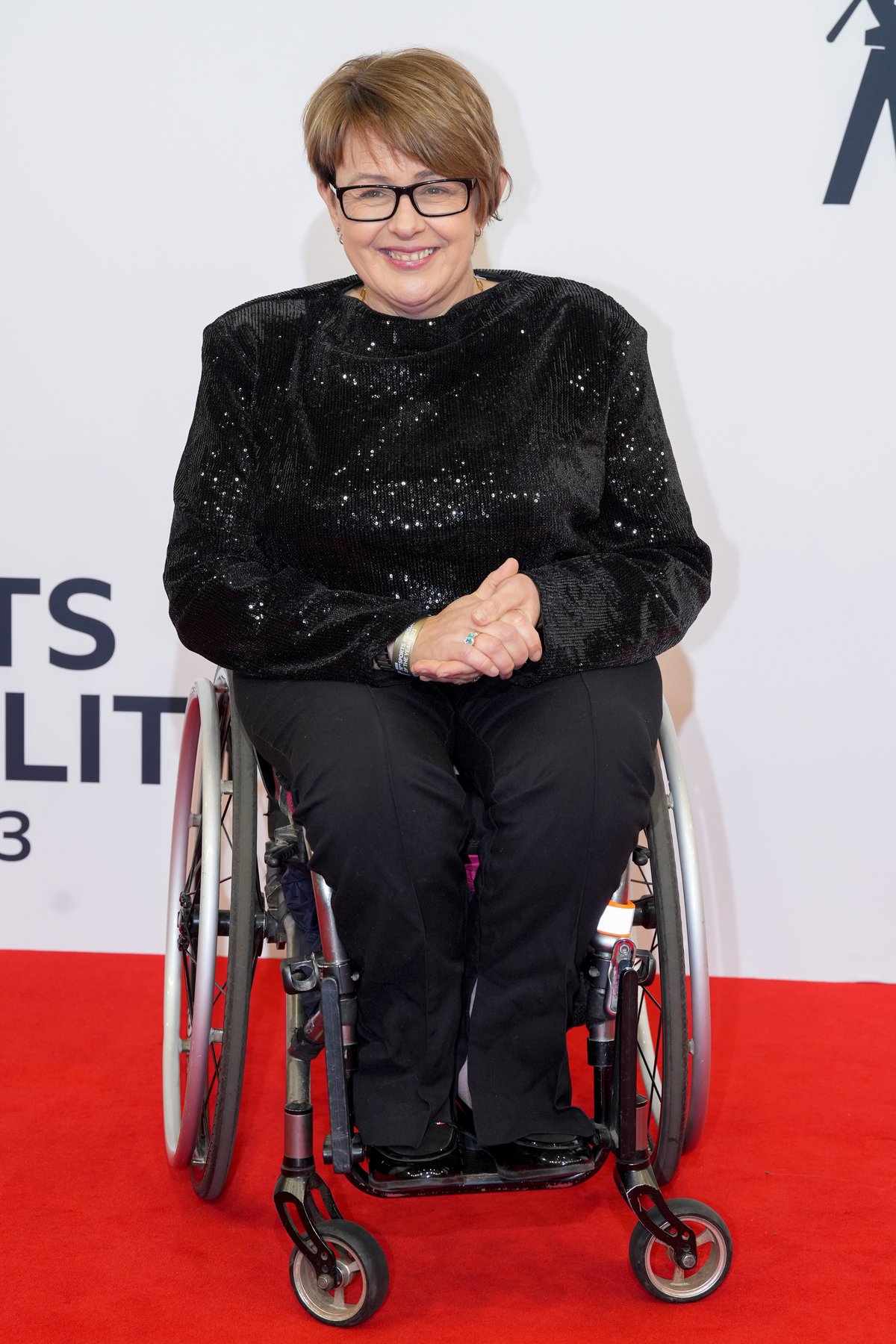
Assisted dying is a highly contentious and complex subject. No one, on either side of the debate, wants people to suffer unnecessarily. Recognising this, avoiding the demonisation of opponents and taking their arguments seriously are all necessary if Scotland is to make the right decision about proposed legislation to help people end their lives.
The Assisted Dying Bill would give anyone over the age of 16 who has an advanced, terminal illness the option of requesting an assisted death. More than 21,000 people and organisations have now responded to the public consultation process, with 10,120 strongly against and 10,380 fully supportive. However, it is the quality of the arguments advanced that should be uppermost in politicians’ minds, rather than their quantity, and the wider effects of legislation cannot be ignored.

A particularly moving intervention was made by Paralympic gold medallist Tanni Grey-Thompson, who warned of the psychological effects of assisted dying laws on the lives of disabled people. “Allowing this practice..
. introduces a value judgement that some people – disabled people – are ‘better off dead’,” she wrote. "Often symptoms like pain, incontinence and dependence on others are cited as reasons the dying process is undignified.
.. But what does this mean for disabled people who resolve to live with these symptoms, not just for the final few months or year, but every day of their lives?” The Royal College of Nursing, which has a neutral stance on the issue, called for a separate assisted dying service to be established if the Bill was passed, adding that existing services were “under-resourced and struggling”.
If assisted dying takes money and resources away from saving lives, is that a sensible step to take? And, even if not required to help someone take their life, NHS doctors and nurses opposed to the idea might find themselves complicit in the process. The Scotsman has expressed its concerns about this Bill before and we remain unconvinced that potentially damaging, unintended consequences will be avoided. The weight of responsibility upon MSPs is a heavy one.
We wish them well as they struggle with the issues involved..














